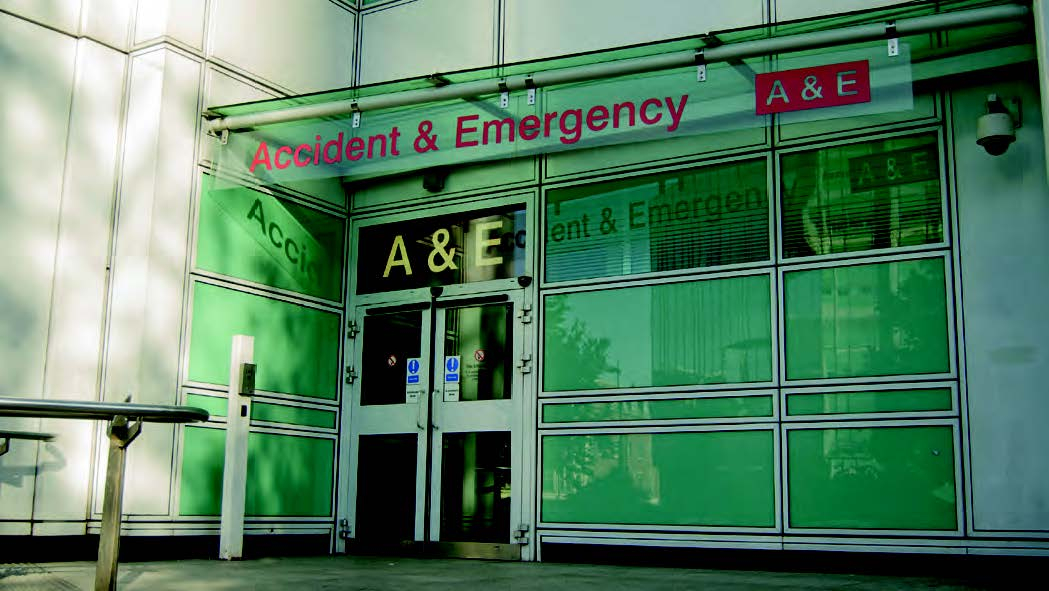
A look at how budgets are impacting the procurement of HVAC solutions within the healthcare sector
Before choosing a HVAC supplier, you must first ensure they have a genuine understanding of the unique parameters that healthcare facilities are expected to work within.
The requirements of an acute care unit are not comparable to those of an operating theatre, for example; so a one-size-fits-all solution will never suffice.

So, what should you be looking for from any company entrusted with installing climate control equipment within your application?
Budget matters
There are differences between suppliers, and it’s important to ascertain that you have all angles covered – particularly when the wellbeing of people is at stake.
There is arguably nothing more important than guaranteeing that your potential supplier has a genuine understanding of a healthcare facility’s logistical operations, including budgetary restrictions, says Karen Markham, NHS account manager at Andrews Sykes.
Markham explains that, “Within the healthcare industry, the constant conflict between estate departments and budget holders, is well documented. “It’s difficult to maintain optimum performance levels within a service that is already stretched.
“Finding an HVAC supplier you can trust is therefore paramount – one that has the capacity to fulfil whatever requirements you may have”.
Tailored to fit
You must be confident a company and it’s heating and cooling equipment is of the desired quality.
Ask:
"Insufficient climate control or improper conditions are never excusable when there are vulnerable patients in the vicinity, which is why those in charge of expenditure are under intense pressure to provide much-needed HVAC systems” said Markham.
"Key decision makers are sometimes tempted to purchase the cheapest equipment available despite the obvious long-term implications. But it is vital that you analyse each requirement on its own merit to ensure the resultant solution has been tailored to fulfil its intended purpose.
“When lives are on the line, there is simply no room for false economies”.
New is not always best
A significant percentage of the ageing estate from which hospitals, clinics and other services operate, renders it totally unfeasible for facilities manager to invest in new HVAC systems.
CAPEX advisors will not authorise the procurement of a modern boiler arrangement, for example, when there is a very-real prospect a trust will move into new premises within five or 10 years.
Implementing state-of-the-art heating or cooling amenities would not represent an efficient use of funds in such cases, instead creating a practical scope for hiring and leasing.
An uncertain future
Markham points out that “Uncertainty surrounding the future of a building does not negate the constant need for cooling or heating all the while it remains operational.
“Even if a closure or relocation isn’t imminent, an HVAC hire package can ensure all requirements are accommodated with a greater degree of flexibility than would be possible with an outright purchase.
“A seasonal temperature spike, for example, may only need to be counteracted for a two-week period, but the fact remains that an air conditioning solution will still be urgently required.
“Hiring equipment solves the problem at hand without requesting funds to invest in an HVAC system you probably won’t need for the other 50 weeks of the year.
“At a time when healthcare services in general, and the NHS in particular, are incredibly strained, the need for resourcefulness and efficiency has never been greater”.